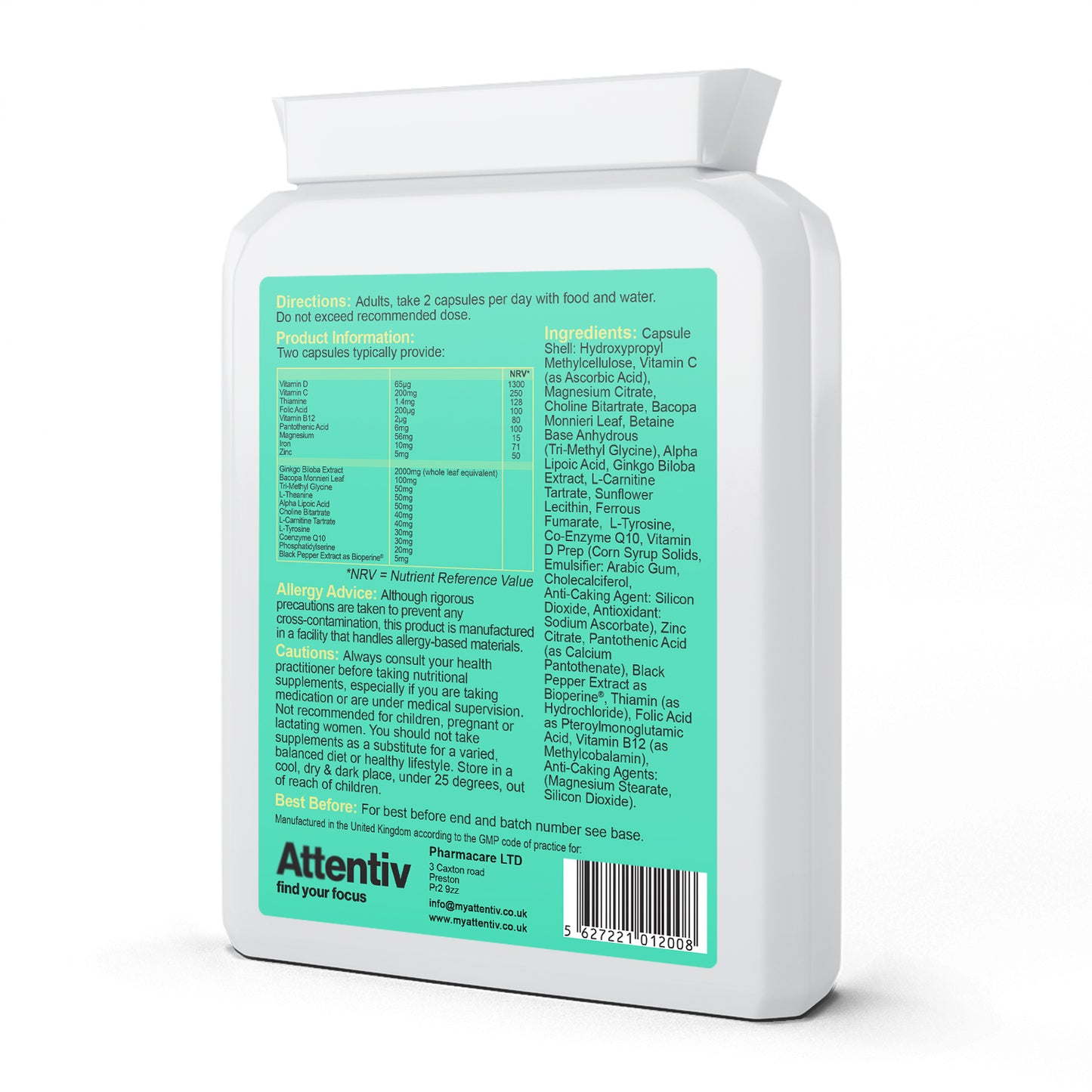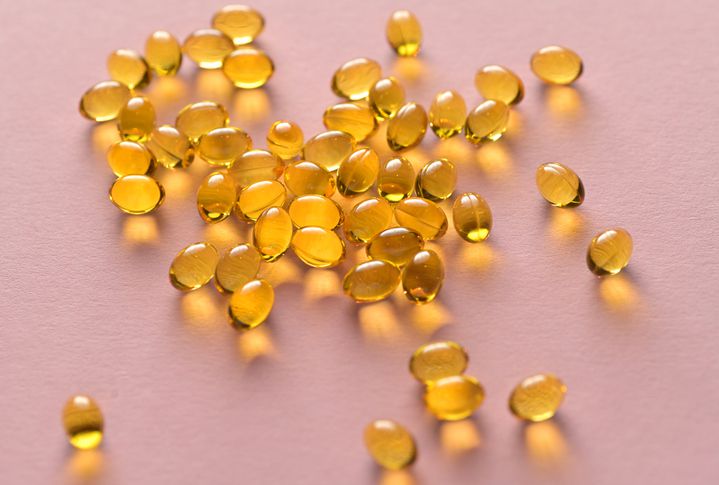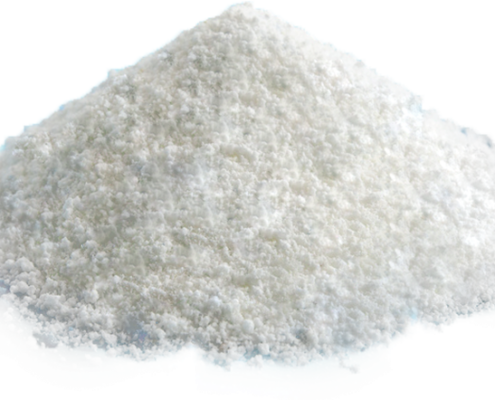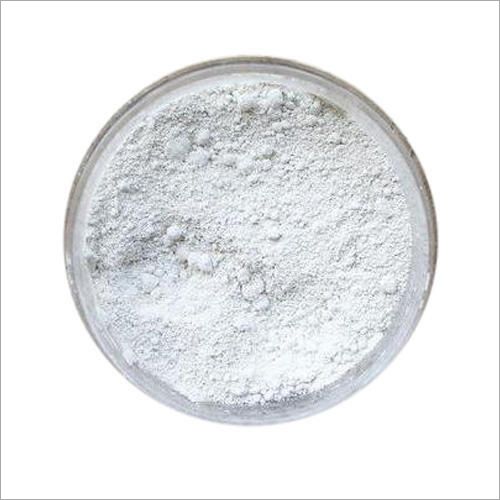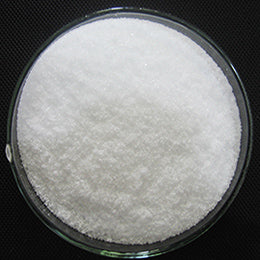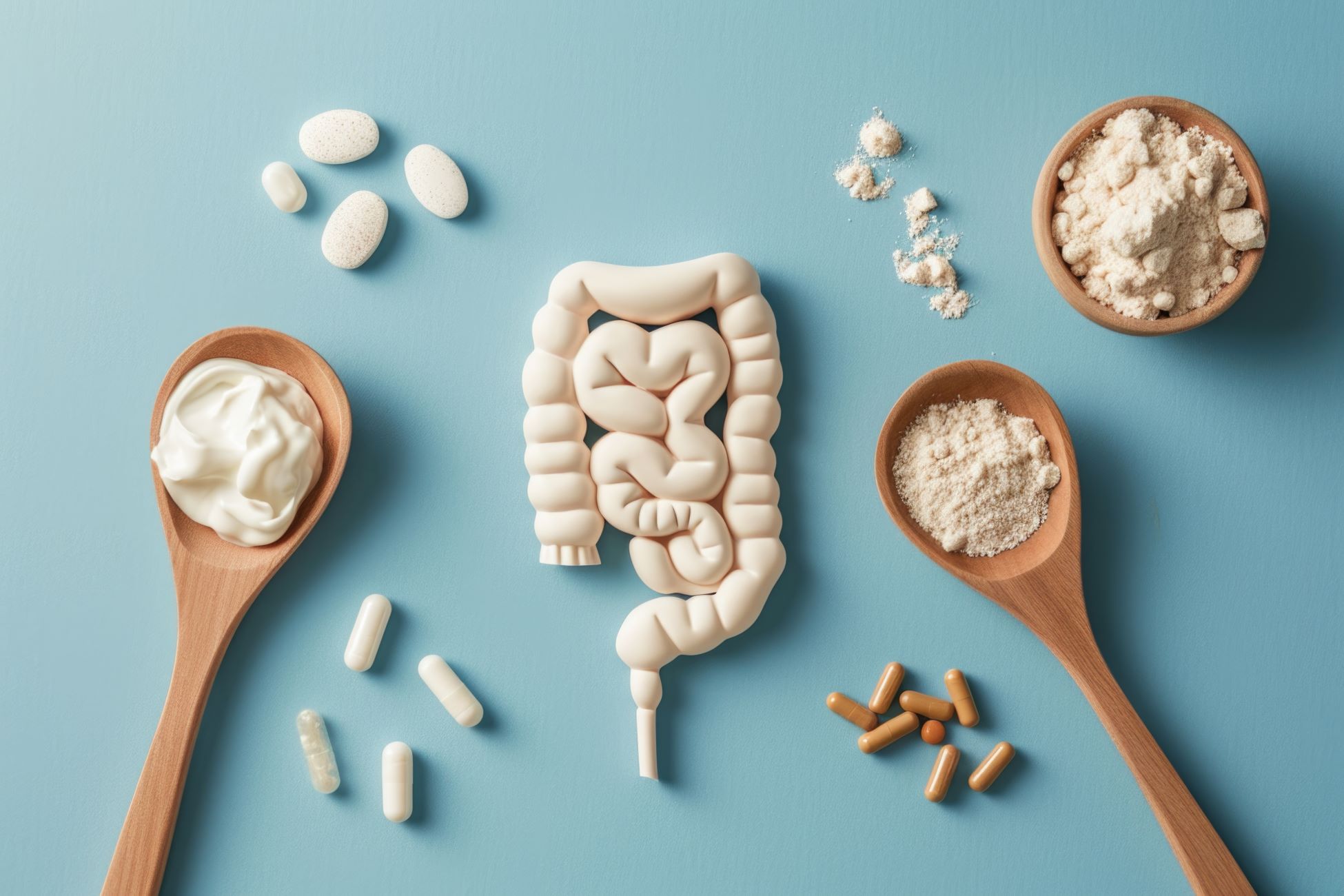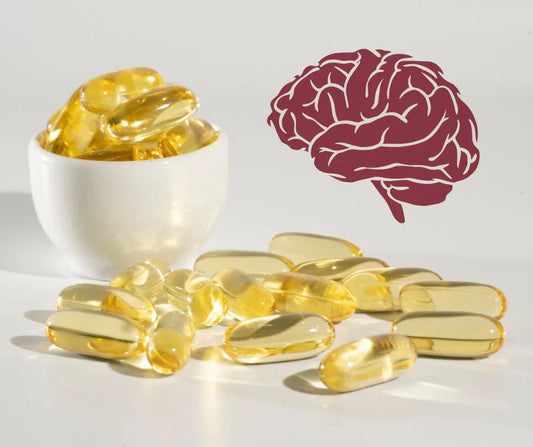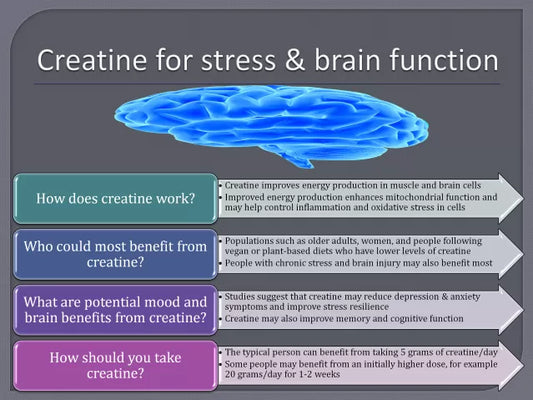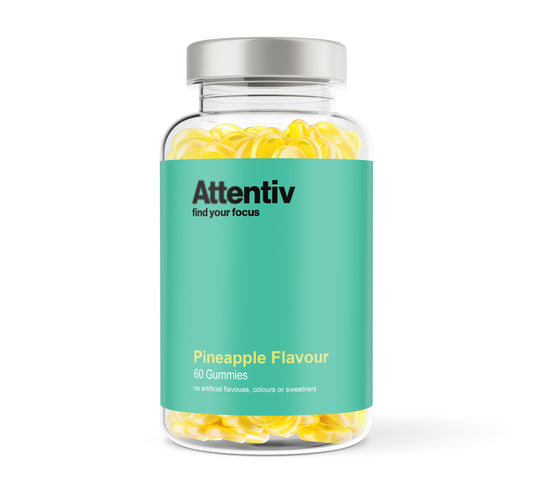Save $830
$830
Save $830
$830
Save $830
$830
Attentiv
Magnesium Glycinate
Bed 3
Price
£24.99
$799
$719
Layers
7
7
6
Ergo Support (7 zones)
✔
✘
✘
Cooling
✔
✘
✘
365 Night Trial
✔
✔
✔
4.7 out of 5
Key Ingredients
Research Backed Ingredients
Our Pharmacists and nutritionists have researched the supplements that best support psychological and cognitive function and brought them together into a twice daily capsule. Here are some of the reasons why we’ve chosen each ingredient:
Vitamin C
Vitamin D
Thiamine
Folic acid
Vitamin B12
Pantothenic Acid
Magnesium
Iron
Zinc
Ginkgo biloba extract
Bacopa Monnieri Leaf
Tri-Methyl Glycine
L-Theanine
Alpha-lipoic acid
L-Choline Bitartrate
L-Carnitine Tartrate
L-Tyrosine
Coenzyme Q10 (CoQ10)
Phosphatidylserine (PS)
Black Pepper Extract as Bioperine®
Our Pharmacists and nutritionists have researched the supplements that best support psychological and cognitive function and brought them together into a twice daily capsule. Here are some of the reasons why we’ve chosen each ingredient:
Frequently Asked Questions
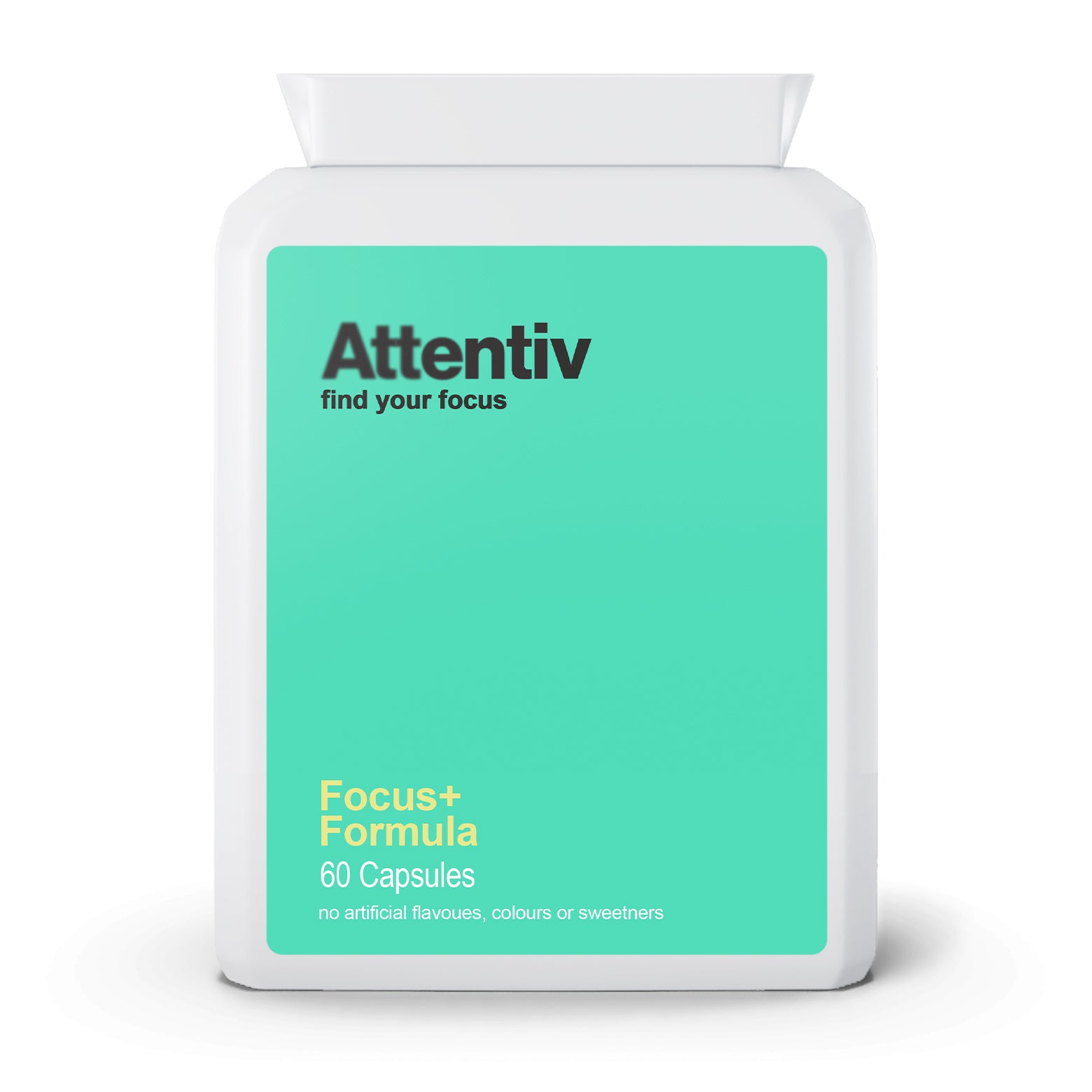
Attentiv is made and third party tested rigorously in the UK!
As with all supplements you should allow 3 months in order to make an informed decision as to whether the supplement is working for you!
Firstly, before taking any new supplement/vitamin it is important to consult with your doctor to ensure that it is safe for you as they have the full knowledge of your medical history.
Secondly, we appreciate that alot of our patients will be taking medications such as Elvanse, Amfexa, Equasym and Concerta XL and we would reccomend leaving a few hours either side of taking these medications so that there are no absorption interferences.
Adults, take 2 capsules per day with food and water. Do not exceed recommended dose








